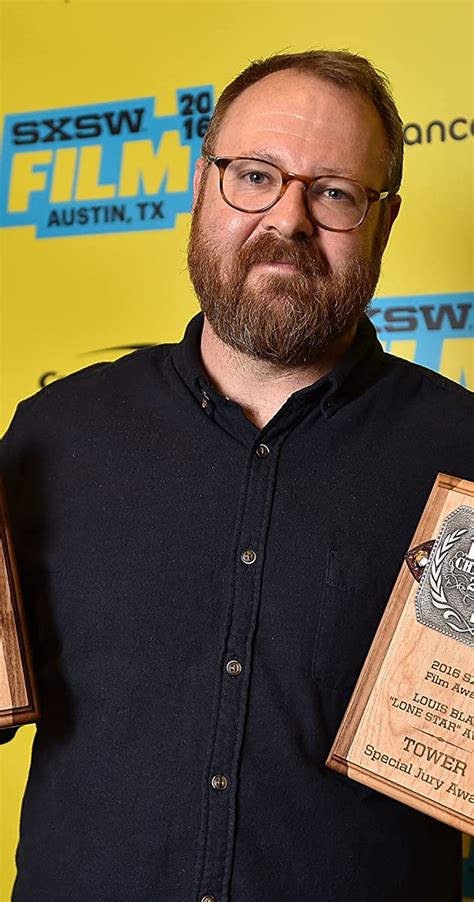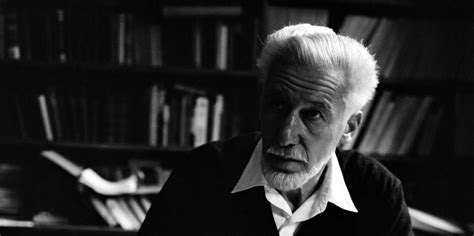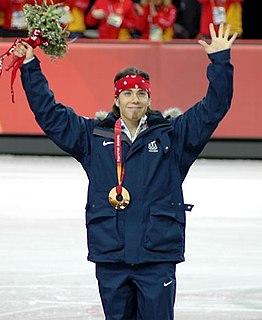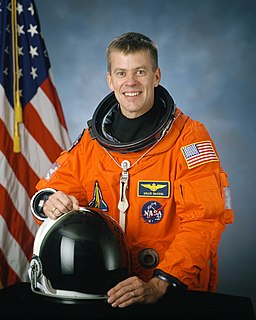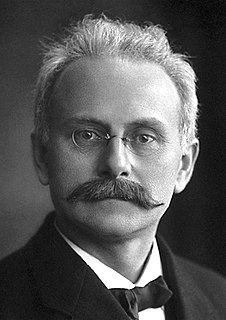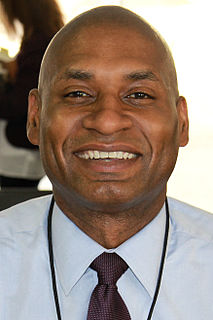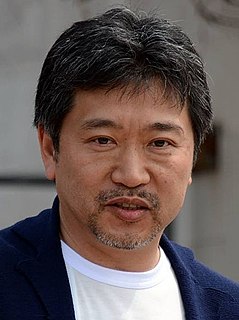A Quote by Keith Maitland
As far as documentaries, 'Man on Wire,' 'Atomic Cafe,' 'Waltz With Bashir,' and 'Thin Blue Line' all offered me different perspectives to consider as we were designing the structure and approach to 'Tower.'
Related Quotes
The message films that try to be message films always fail. Likewise with documentaries. The documentaries that work best are the ones that eschew a simple message for an odd angle. I found that one of the most spectacular films about the Middle East was 'Waltz With Bashir,' or 'The Gatekeepers,' or '5 Broken Cameras.'
Command is a mountaintop. The air breathed there is different, and the perspectives seen there are different, from those of the valley of obedience. The passion for order and the genius for construction, which are part of man's natural endowment, get full play there. The man who has grown great sees from the top of his tower what he can make, if he so wills, of the swarming masses below him.
The colors are stunning. In a single view, I see - looking out at the edge of the earth: red at the horizon line, blending to orange and yellow, followed by a thin white line, then light blue, gradually turning to dark blue and various gradually darker shades of gray, then black and a million stars above. It's breathtaking.
I started in documentaries. I started alone with a camera. Alone. Totally alone. Shooting, editing short documentaries for a French-Canadian part of CBC. So to deal with the camera alone, to approach reality alone, meant so much. I made a few dozen small documentaries, and that was the birth of a way to approach reality with a camera.
I stared at the creased map on my wall, the thin green line connecting all the places I had read about. There they were, all the cities of my imaginary future, held together with tape and marker and pins. In six months, a lot had changed. There was no thin green line that could lead me to my future anymore. Just a girl.
There's no other way to learn about it, except through documentaries. I encourage documentarians to continue telling stories about World War II. I think documentaries are the greatest way to educate an entire generation that doesn't often look back to learn anything about the history that provided a safe haven for so many of us today. Documentaries are the first line of education, and the second line of education is dramatization, such as The Pacific.
